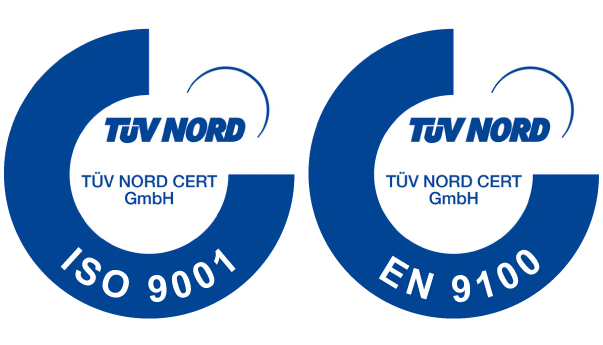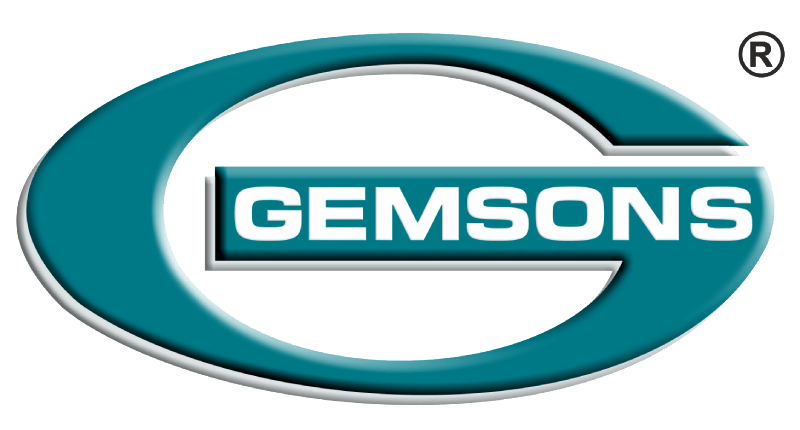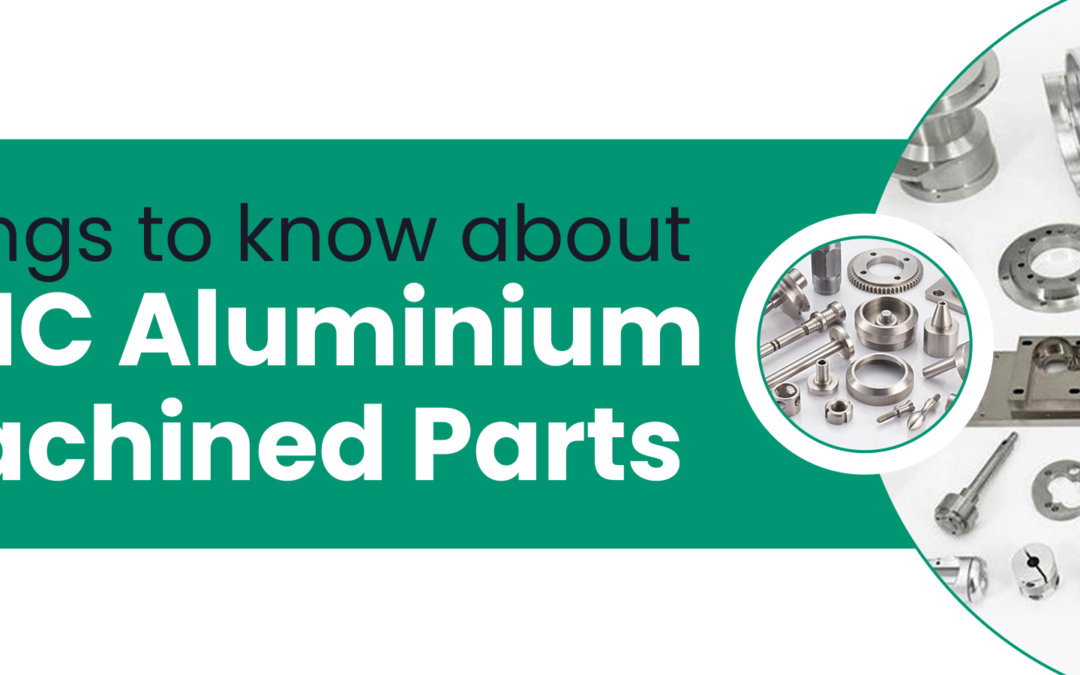A CNC (Computer Numerical Control) machine is controlled by a computer and can be used for prototyping or full-scale production. Aluminium is the most often machined material because of its outstanding machinability, favouring it in almost every manufacturing industry.
Aluminium has several intriguing thermal and mechanical properties and is reasonably easy to form, particularly in drilling methods such as CNC aluminium machining. When compared to other lightweight metals like magnesium and titanium alloys, aluminium alloy holds high respect.
The utilisation of CNC aluminium has increased dramatically, as has the manufacture of CNC automobile parts and other lightweight CNC parts.
CNC machined aluminium technology has resulted in CNC parts and components that assist in many services (Turning, milling and grinding). In today’s technological world, well-machined CNC aluminium parts are becoming increasingly common. Some of the CNC machined aluminium pieces are as follows:
- Front panels
- Dowels Pins
- EMI-Housings
- Spline Shafts
- Medical Equipment
- Lighting Fixtures
Here are a few things that you should know about CNC Aluminium Machined Parts:
Machinability
Engineers prefer aluminium for machined parts for various reasons, one of which is that the material is simple to machine. While this may appear to be more beneficial to the machinist who creates the item, it also offers considerable benefits for the company that orders it and the end-user who will eventually utilise it.
Aluminium can be cut rapidly and accurately with CNC machine tools because it chips easily and is easy to shape. This has several crucial implications: First, the short duration of the machining task reduces the cost of the process (due to the machinist’s reduced labour and the machine’s reduced running time); second, good machinability means less deformation of the part as the cutting tool passes through the workpiece. This may enable the machine to satisfy tighter tolerances, resulting in increased accuracy and precision.
Corrosion resistance
The ability to survive oxidation and chemical damage — varies significantly between aluminium types. Fortunately, some of the most popular CNC machining grades are also the toughest and other alloys on the lower end of the strength spectrum; parts made of aluminium have great corrosion resistance.
Strength-to-weight ratio
Aluminium has physical qualities that make it perfect for mechanical and aesthetic components. The metal’s great strength and lightweight are two of the essential characteristics, making it ideal for vital parts used in the aerospace and automotive industries. Parts that can be successfully machined using aluminium include aircraft fittings and automotive shafts.
Various grades of aluminium, on the other hand, serve different purposes. General-purpose grades like 6061 can be utilised for many parts due to their favourable strength-to-weight ratio, whereas aerospace and marine applications may prefer high-strength grades like 7075.
Recyclability
Another advantage of aluminium is its high recyclability, making it ideal for companies looking to lessen their environmental effect or wish to cut down on waste and recoup some of their costs. In CNC machining, where there is a lot of waste material in the form of chips from the cutting tool, recyclable materials are very significant.
Gemsons is a brand you can trust when it comes to producing precise Aluminium Machined Parts, and are a licenced engineering firm that provides a variety of aluminium components and parts with a wide range of high-quality items and are continually aware of market expectations.



Recent Comments